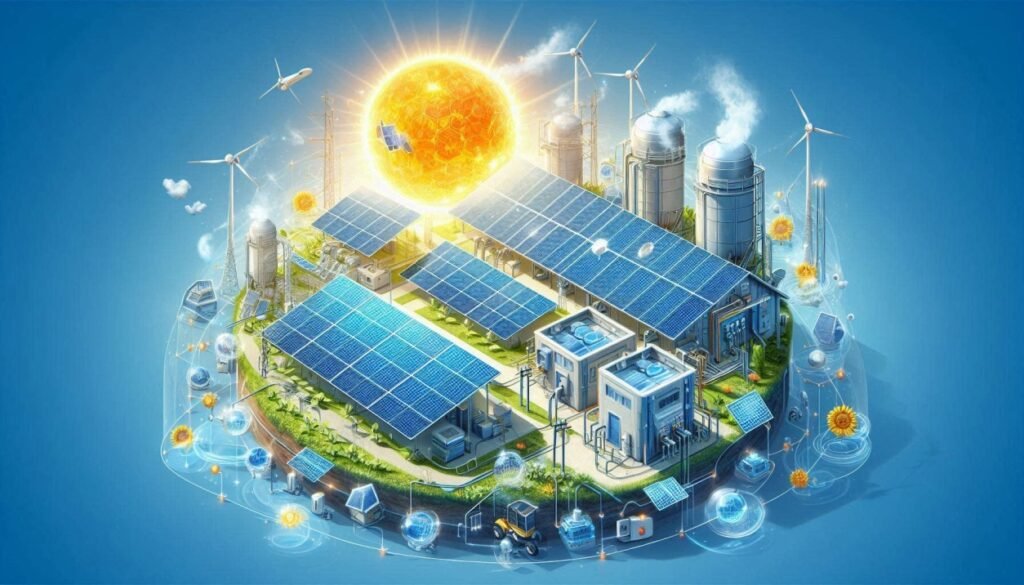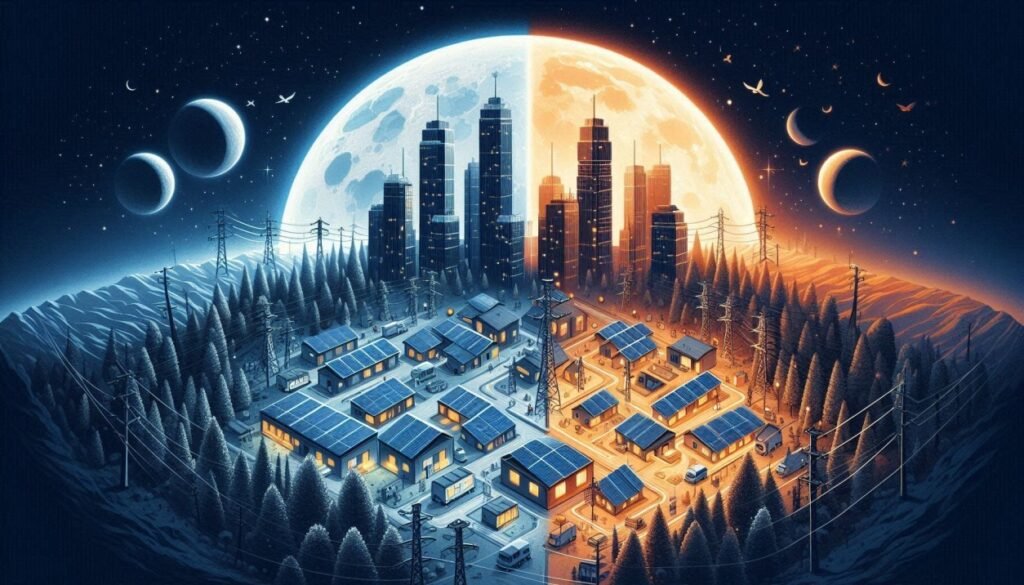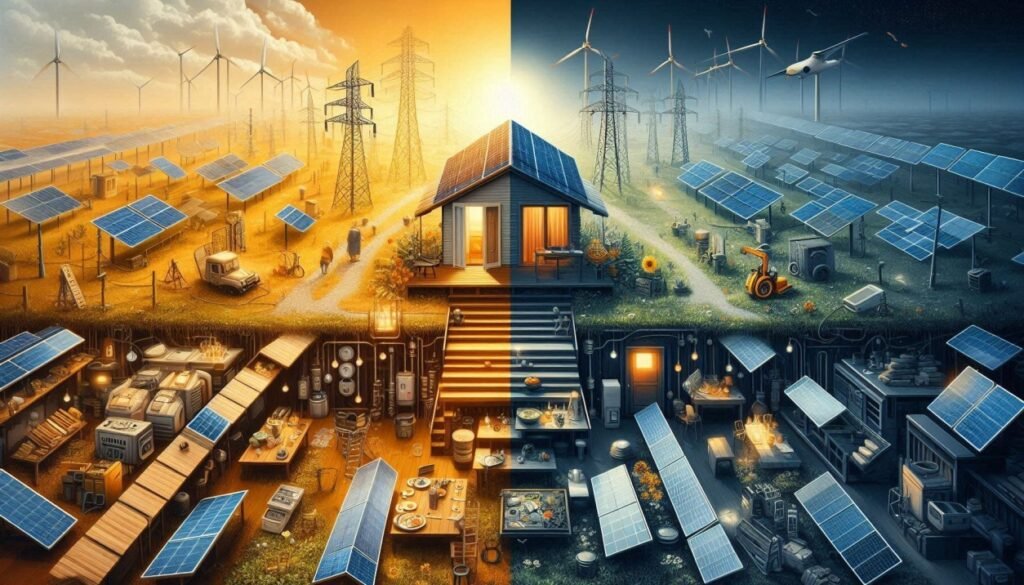Hey there! Ever wondered if going off-grid with solar power is worth it? It’s a hot topic these days, with more folks looking to ditch the grid and embrace renewable energy. But is it really as fantastic as it sounds? Let’s dive in and find out!
Understanding Off-Grid Solar

What is Off-Grid Solar?
Off-grid solar, simply put, is a system that allows you to generate and use solar energy without relying on the traditional power grid. Think of it as your own little power plant right at home.
How Does Off-Grid Solar Work?
Off-grid solar systems use solar panels to capture sunlight and convert it into electricity. This electricity is then stored in batteries for use whenever you need it. No more blackouts or grid dependency—sounds pretty sweet, right?
Benefits of Off-Grid Solar

Energy Independence
One of the biggest perks of off-grid solar is energy independence. You’re not tied to the grid, so you’re immune to power outages and rate hikes. Imagine never worrying about your electricity bill again!
Environmental Impact
Going off-grid is also a fantastic way to reduce your carbon footprint. Solar energy is clean and renewable, which means you’re helping to fight climate change and reduce pollution.
Cost Savings
While the initial investment might be hefty, off-grid solar can save you a ton of money in the long run. Say goodbye to monthly utility bills and hello to free, renewable energy!
Challenges of Off-Grid Solar

Initial Investment
Let’s be real—the upfront cost of an off-grid solar system can be pretty steep. Solar panels, batteries, and other equipment aren’t cheap, and installation can add up too.
Maintenance and Repairs
Once you’ve got your system up and running, you’ll need to maintain it. Solar panels are pretty low-maintenance, but batteries and other components might need occasional TLC.
Energy Storage
Storing energy can be a bit of a headache. Batteries are essential for an off-grid system, but they can be pricey and have a limited lifespan. Plus, you need enough storage to cover your energy needs, especially during cloudy days or at night.
Comparing Off-Grid and On-Grid Solar Systems

Key Differences
The main difference between off-grid and on-grid solar systems is, you guessed it, the grid. On-grid systems are connected to the traditional power grid, while off-grid systems are completely independent.
Pros and Cons
On-grid systems are generally cheaper and easier to install, plus you can sell excess power back to the grid. However, they won’t work during a blackout. Off-grid systems offer complete independence but come with higher costs and maintenance requirements.
Financial Considerations
Upfront Costs
As mentioned earlier, the initial investment for off-grid solar can be significant. You’ll need to shell out for solar panels, batteries, inverters, and other components, plus installation.
Long-Term Savings
Despite the hefty upfront cost, off-grid solar can pay off in the long run. With no monthly utility bills, you’ll start to see savings over time. Plus, there are often tax incentives and rebates available to help offset the initial investment.
Is Off-Grid Solar Right for You?
Assessing Your Energy Needs
Before making the switch, it’s crucial to assess your energy needs. How much power do you use daily? Can solar panels generate enough energy to meet your demands?
Evaluating Your Location
Location is another key factor. Do you live in a sunny area with plenty of daylight? If not, off-grid solar might not be the best option for you.
Future Energy Trends
It’s also worth considering future energy trends. As technology advances, solar systems are becoming more efficient and affordable. Keeping an eye on these trends can help you make an informed decision.